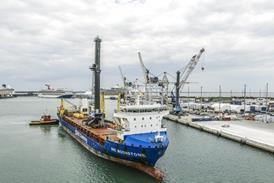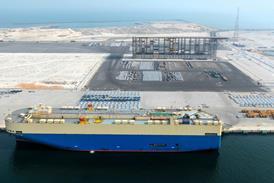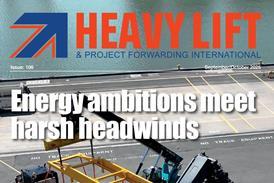January 5 - A can-do attitude is required during 2015 in order to successfully meet the challenges faced by the shipping industry, says international accountant and shipping adviser Moore Stephens.
Moore Stephens shipping partner, Richard Greiner, commented: "Shipping confidence started 2014 on a six-year high and ended it on a two-year low. It is difficult to predict with any certainty what the next 12 months will bring, beyond further uncertainty. To paraphrase an old adage, shipping goes into 2015 needing to accept the things it cannot change, to change the things it can change, and to make sure it understands the difference between the two."
Greiner believes that one thing that shipping cannot change is the relentless march of regulation. "In 2015 this will assume still more onerous proportions with the inception of new regulations governing emission control areas (ECAs), and a further step towards ratification of the BWM Convention."
He also encourages the shipping industry to re-evaluate its view of private equity investors. "One area where shipping can demonstrate that it knows the difference between what it can and cannot change is in its attitude to private equity. Does private equity not know what the rest of us know, or does it know something the rest of us do not? Rather than bemoaning the short-term commitment of private equity, shipping should be looking to tick the boxes which attract such investors."
Top of the list of things that is within the shipping industry's power to change is overtonnage, said Greiner. "Accelerated scrapping is needed, together with an acknowledgement that there are already too many ships on the market and that, absent some form of rationalisation, freight rates will not pay the bills," he explained.
"Operating costs will go up in 2015, along with the cost of regulation, while it would be no surprise if oil prices were to go up faster than freight rates over the course of the year. Environmentalists will be happier with shipping. There will be increased interest in risk management, without which there will be still more newbuilding disputes of the type currently sitting on the desks of arbitrators, and more companies following the unhappy route into bankruptcy taken at the end of last year by OW Bunker."
Greiner concluded: "Shipping embarks on a new year with confidence in a fragile state. The industry is volatile, and will be looking for improved political stability and a stronger global economy. But it should not underestimate its proven ability to endure throughout crises. The biggest danger may lie not in setting the targets too high and falling short, but in setting the targets too low and achieving them."
















